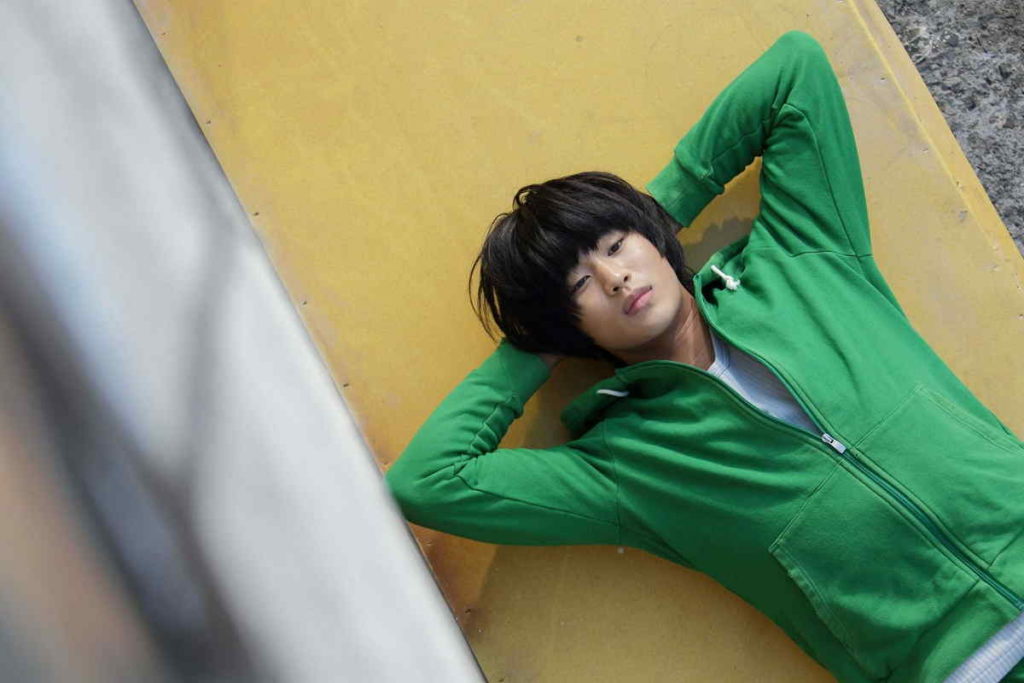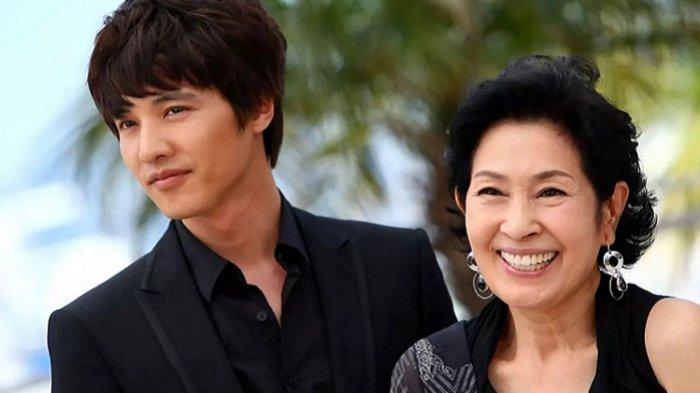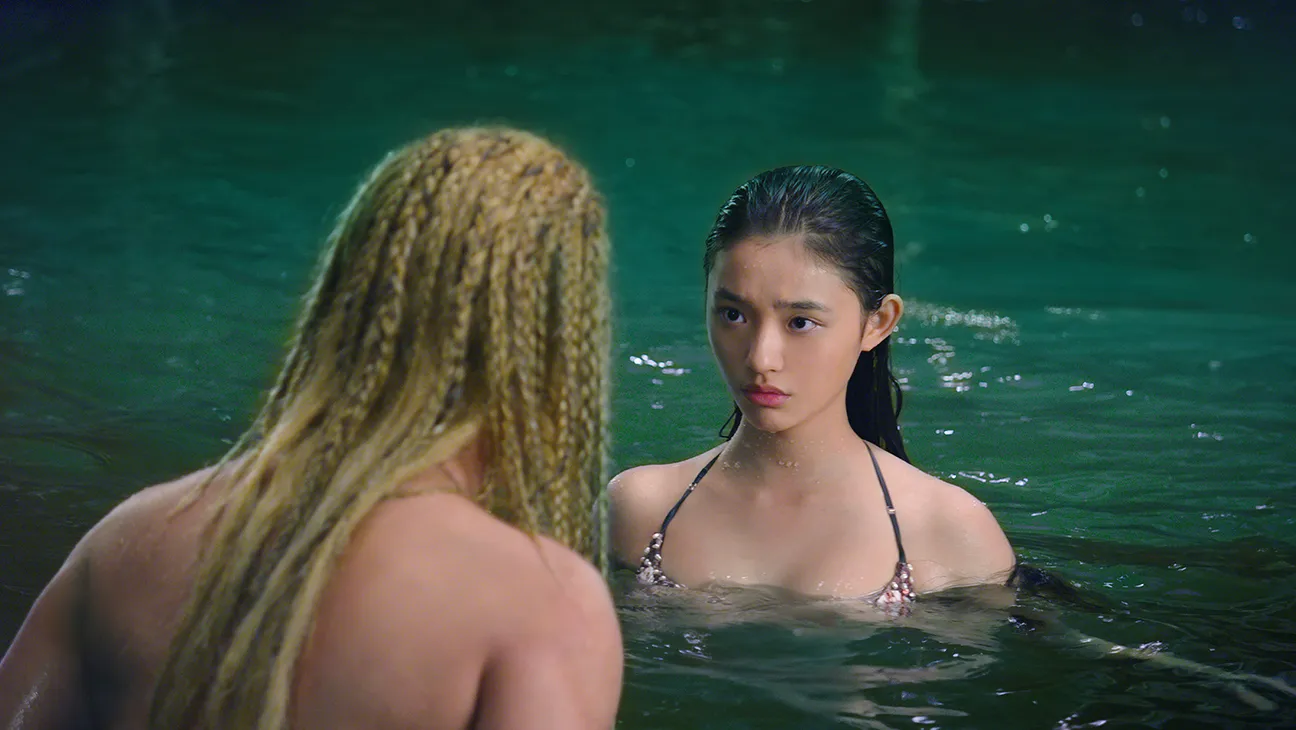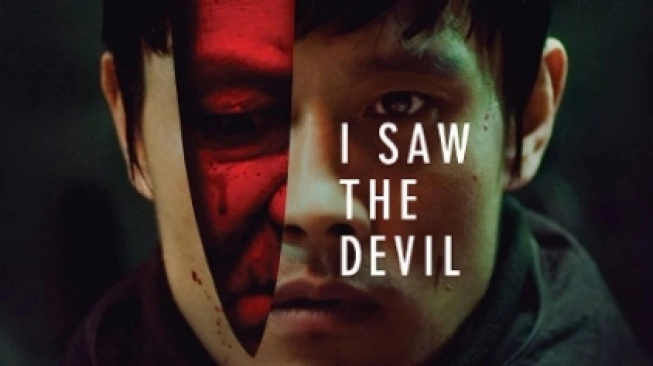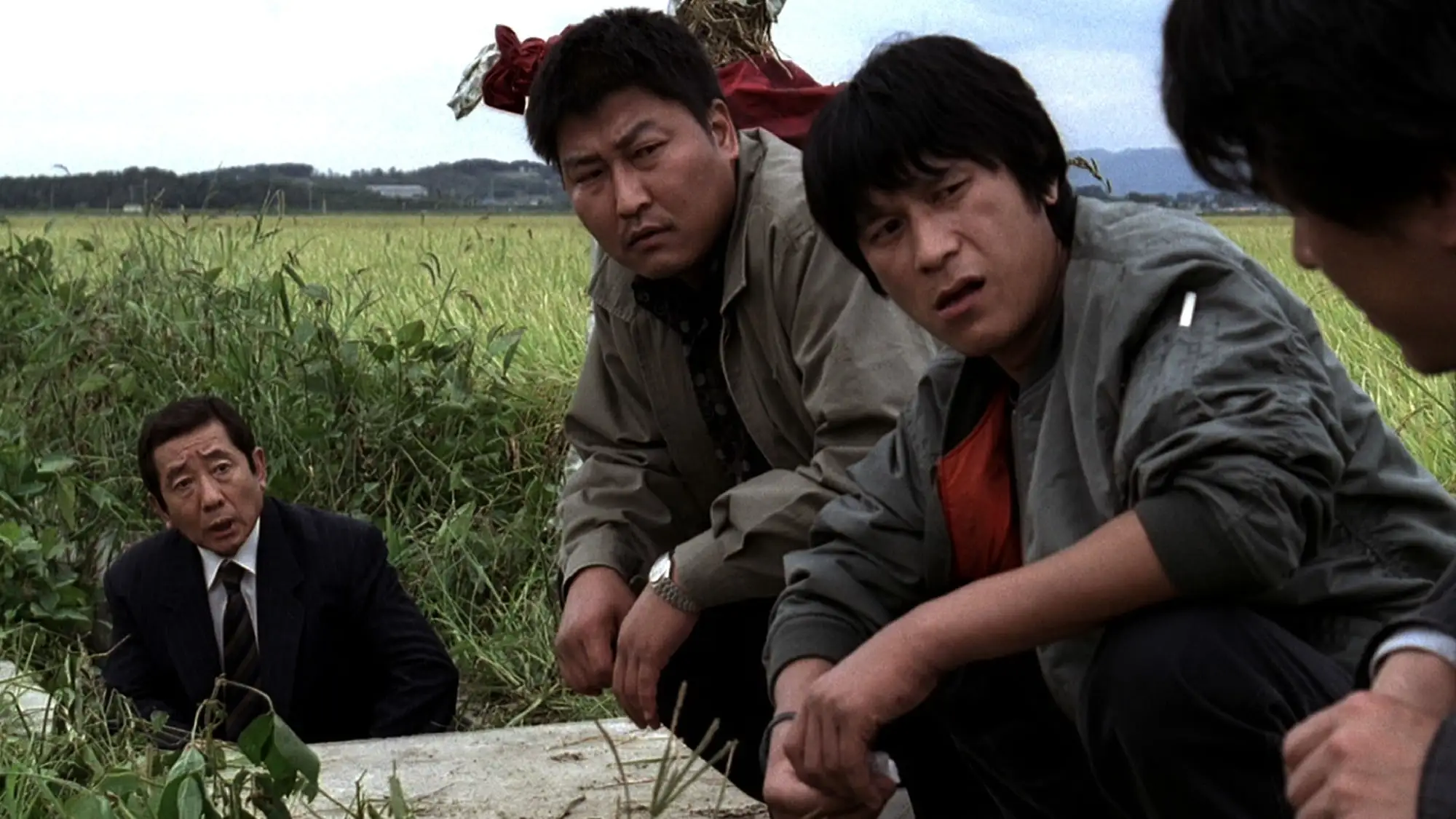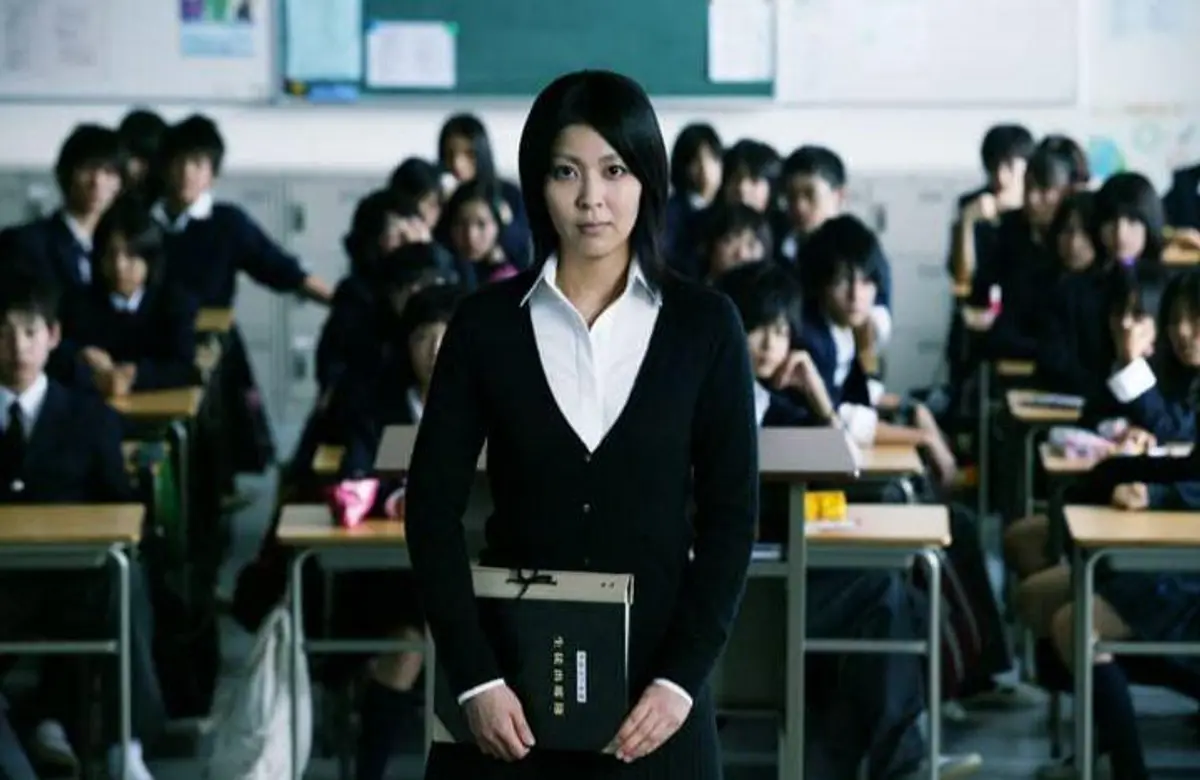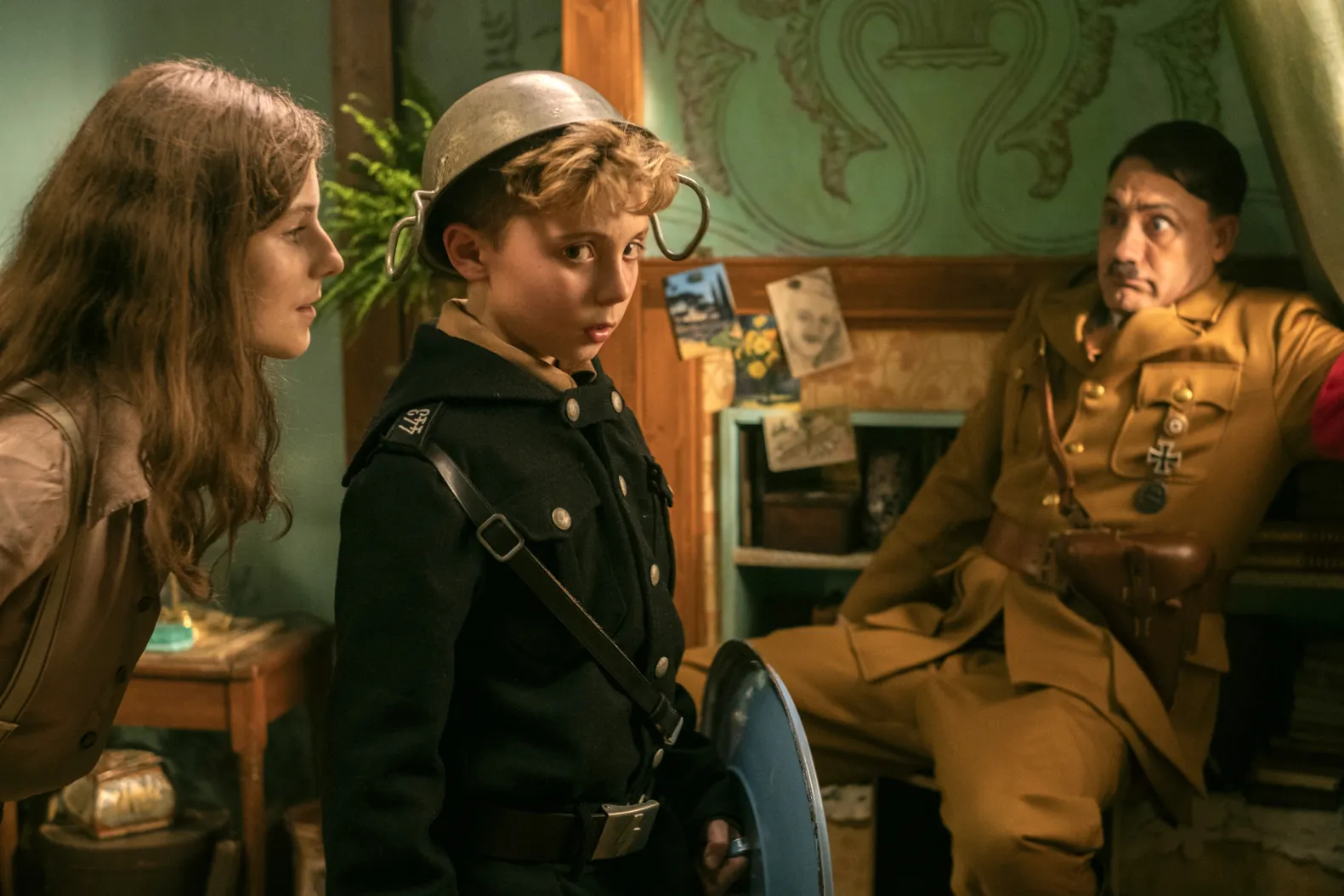
If you’re looking for a film that combines humor, heart, and a unique perspective on history, the Jojo Rabbit movie is a must-watch. Released in 2019 and directed by Taika Waititi, this film offers a satirical yet deeply emotional take on World War II, exploring themes of innocence, prejudice, and humanity.
The story centers on a young boy named Jojo, played by Roman Griffin Davis, who is a member of the Hitler Youth. His imaginary friend, an eccentric version of Adolf Hitler portrayed by Taika Waititi himself, guides him through the complexities of growing up in Nazi Germany. The Jojo Rabbit movie balances absurdity with poignancy, making it both entertaining and thought-provoking.
Plot Overview
The plot of the Jojo Rabbit movie follows Jojo’s journey as his blind nationalism is challenged by unexpected events. He discovers that his mother, played by Scarlett Johansson, is hiding a Jewish girl, Elsa, in their home. This revelation forces Jojo to confront his beliefs and navigate a confusing world filled with moral dilemmas.
Throughout the film, audiences witness Jojo’s growth from a naïve, indoctrinated boy to someone capable of empathy and understanding. The Jojo Rabbit movie uses humor and satire to highlight the absurdity of prejudice, while also delivering moments of genuine emotional impact.
Read More: Introduction to Three Billboards Outside Ebbing movie
Characters and Performances
The characters in the Jojo Rabbit movie are a major part of its charm. Roman Griffin Davis delivers an exceptional performance as Jojo, capturing both his innocence and his transformation. Scarlett Johansson brings warmth and strength as Rosie, Jojo’s mother, whose quiet courage influences Jojo’s journey.
Taika Waititi’s portrayal of imaginary Hitler adds comic relief while offering satirical commentary on propaganda and ideology. Thomasin McKenzie plays Elsa, whose presence challenges Jojo’s worldview and drives much of the emotional narrative. Each character contributes to the richness and depth of the Jojo Rabbit movie.
Read More: The Thrilling World of Mad Max Fury Road Movie
Themes and Social Commentary
One of the most compelling aspects of the Jojo Rabbit movie is its exploration of themes such as indoctrination, innocence, courage, and empathy. The film examines how children are influenced by ideology, and how love and compassion can break through deeply ingrained prejudices.
The movie also critiques the absurdity of blind nationalism and hate. By presenting these serious issues through a satirical lens, the Jojo Rabbit movie encourages viewers to reflect on human behavior, morality, and the importance of critical thinking.
Read More: The Revenant Movie: A Journey of Survival and Revenge
Humor and Emotional Depth
A distinctive feature of the Jojo Rabbit movie is its balance of humor and emotional resonance. Taika Waititi’s writing blends absurd comedy with tender, heartfelt moments. This mix allows the film to tackle heavy subjects without becoming overwhelmingly dark.
The humor often emerges from Jojo’s interactions with his imaginary Hitler and the eccentricities of Nazi propaganda. Meanwhile, the emotional depth comes from Jojo’s relationships with his mother and Elsa, creating a film that is both funny and deeply moving.
Read More: Exploring the Depth of Film Interstellar
Cinematography and Visual Style
The cinematography in the Jojo Rabbit movie enhances its storytelling and emotional impact. The use of vibrant colors, playful camera angles, and meticulous production design reflect Jojo’s perspective as a child. The visual style shifts as the narrative grows more serious, mirroring Jojo’s personal development.
Close-ups capture the subtle expressions and emotional nuances of the actors, particularly Jojo and Elsa. The Jojo Rabbit movie uses its visual elements to reinforce themes of innocence, fear, and hope.
Soundtrack and Score
Michael Giacchino’s score plays an essential role in the Jojo Rabbit movie, highlighting the film’s tonal shifts. From whimsical moments to poignant scenes, the music amplifies the emotional impact and complements the narrative.
The soundtrack, including contemporary songs arranged to fit the period setting, adds a unique layer of charm and accessibility. The Jojo Rabbit movie demonstrates how music can enhance storytelling while engaging viewers emotionally.
Critical Reception and Awards
The Jojo Rabbit movie received widespread critical acclaim, praised for its originality, performances, and bold approach to sensitive historical topics. The film won the Academy Award for Best Adapted Screenplay and earned nominations in several other categories, including Best Picture and Best Supporting Actress for Scarlett Johansson.
Critics highlighted its ability to blend satire, comedy, and drama in a manner that was both entertaining and meaningful. The Jojo Rabbit movie solidified Taika Waititi’s reputation as a director capable of combining humor with serious social commentary.
Emotional Resonance and Character Growth
Character development is central to the Jojo Rabbit movie. Jojo’s journey from a naive, indoctrinated child to a more empathetic, self-aware individual forms the emotional core of the film. Elsa’s presence challenges Jojo’s prejudices, while his mother’s quiet bravery inspires moral courage.
The emotional resonance of the Jojo Rabbit movie lies in these authentic character arcs, allowing audiences to connect deeply with the story and reflect on its themes of love, loss, and moral awakening.
Storytelling and Narrative Techniques
The Jojo Rabbit movie employs inventive storytelling techniques, including the use of an imaginary character and a child’s perspective to provide both humor and insight. This narrative choice allows the audience to experience the absurdity and tragedy of war through Jojo’s eyes.
By blending satire with heartfelt moments, the Jojo Rabbit movie crafts a story that is engaging, thought-provoking, and emotionally rich. The unique narrative structure adds depth and originality to the film.
Symbolism and Meaning
Symbolism is prevalent throughout the Jojo Rabbit movie. The imaginary Hitler represents the internalized ideology and absurdity of indoctrination. Elsa symbolizes innocence, resilience, and the human cost of prejudice. The contrast between Jojo’s fantastical imagination and harsh reality underscores the film’s commentary on morality and human behavior.
These symbolic elements enhance the narrative and deepen the audience’s understanding of the Jojo Rabbit movie’s themes, making it more than just a historical satire.
Audience Impact
Audiences are drawn to the Jojo Rabbit movie for its humor, emotional depth, and unique perspective on history. It encourages viewers to reflect on prejudice, empathy, and moral courage, all while entertaining them with witty dialogue and engaging performances.
The combination of satire and emotional storytelling ensures that the Jojo Rabbit movie leaves a lasting impression on those who watch it.
Behind-the-Scenes Insights
The production of the Jojo Rabbit movie involved meticulous attention to period details, character development, and tonal balance. Taika Waititi’s direction emphasized authenticity in performances, particularly in navigating the delicate balance between comedy and drama.
Actors prepared extensively to understand their characters’ motivations, historical context, and emotional arcs. This dedication to craft is evident throughout the Jojo Rabbit movie, contributing to its impact and resonance.
Memorable Scenes
The Jojo Rabbit movie is filled with memorable scenes, from Jojo’s interactions with his imaginary Hitler to tense confrontations with other characters. Each scene blends humor, drama, and social commentary, reinforcing the film’s themes and character arcs.
These moments highlight the film’s ability to balance entertainment with emotional and intellectual depth, making it both engaging and meaningful.
Themes of Humanity and Morality
The Jojo Rabbit movie explores complex themes of humanity, morality, and personal growth. It examines how people navigate indoctrination, fear, and social pressures, and how acts of courage and empathy can make a profound difference.
The film prompts audiences to consider their own beliefs and actions, and to reflect on the moral choices that define humanity. These themes give the Jojo Rabbit movie both relevance and emotional weight.
Humor in Difficult Times
Despite dealing with sensitive historical topics, the Jojo Rabbit movie successfully incorporates humor. Satire and absurdity provide levity, allowing the film to address serious issues without overwhelming the audience.
The interplay of comedy and drama reinforces character development and deepens the impact of the film’s messages. This tonal balance is a key factor in the Jojo Rabbit movie’s success and appeal.
Critical Analysis and Discussion
Critics have praised the Jojo Rabbit movie for its originality, narrative innovation, and emotional resonance. Discussions often focus on its approach to historical satire, character arcs, and the effectiveness of humor in conveying serious themes.
Analyzing the film offers insights into storytelling, thematic exploration, and cinematic technique, demonstrating the lasting significance of the Jojo Rabbit movie.
Legacy of the Film
Since its release, the Jojo Rabbit movie has become a notable example of how comedy and drama can coexist to explore serious themes. Its critical acclaim, awards, and audience impact solidify its place in modern cinema.
The film continues to inspire discussions on morality, empathy, and human resilience, ensuring its relevance for years to come.
Why Watch Jojo Rabbit movie
For viewers who enjoy films that combine humor, heart, and social commentary, the Jojo Rabbit movie is a must-see. Its unique perspective, memorable characters, and emotional depth provide an experience that is both entertaining and thought-provoking.
Watching the film allows audiences to explore themes of innocence, prejudice, and empathy while enjoying engaging performances and inventive storytelling. The Jojo Rabbit movie is a remarkable example of modern cinema’s potential to entertain and inspire

